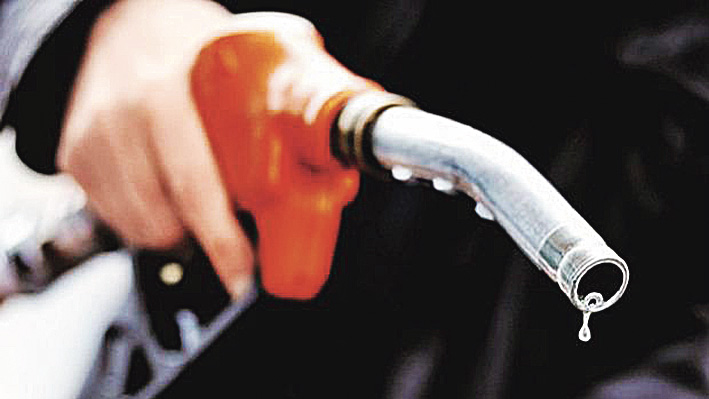India is forming a group that brings together state-run and private refiners to seek better crude import deals, oil secretary Tarun Kapoor said on Tuesday, as the country grapples with soaring oil prices.
The world’s third largest oil importer and consumer, India depends on imports for about 85 per cent of its crude and buys most of it from West Asian producers.
Initially the group of refiners will meet once in a fortnight and exchange ideas on crude purchases.
“The companies can form joint strategies and they can even go for joint negotiations wherever possible,” Kapoor, the top bureaucrat in the petroleum ministry, told Reuters. Indian state refiners already jointly negotiate some crude oil purchases.
To date the one effort at a joint negotiation bringing together not only state-run but private refiners resulted in a deal that secured supply of Iranian oil at a deep discount.
With local gasoline and gasoil prices rising to a record high amid India’s worst power crisis in years, the nation wants to redouble its efforts to buy wisely.
India’s trade deficit in September surged to a record $22.6 billion, its highest in at least 14 years, driven by expensive imports.
Kapoor said the Organisation of the Petroleum Exporting Countries and its allies, together known as Opec+, should raise production to bring down global oil prices.
“Opec+ should realise that this is not the right approach, they must step up production. If the demand is going up and you are not increasing production, you are trying to create a gap,” he said.
“Due to this, prices are going up and that’s not fair.”
Opec+ producers recently agreed to stick to a plan to increase November output by 400,000 barrels per day (bpd) as it looks to phase out output curbs of 5.8 million bpd over time.
Kapoor said rising oil prices would prompt consumers to “seriously start thinking of shifting to other forms or curtail their demand for OPEC oil somehow”.
“These kind of prices are not sustainable.”
India is already reducing the share of Opec oil in its crude mix.
High oil prices are spurring investment in upstream activities, that could lead to higher production from regions other than the Gulf, Kapoor noted.











